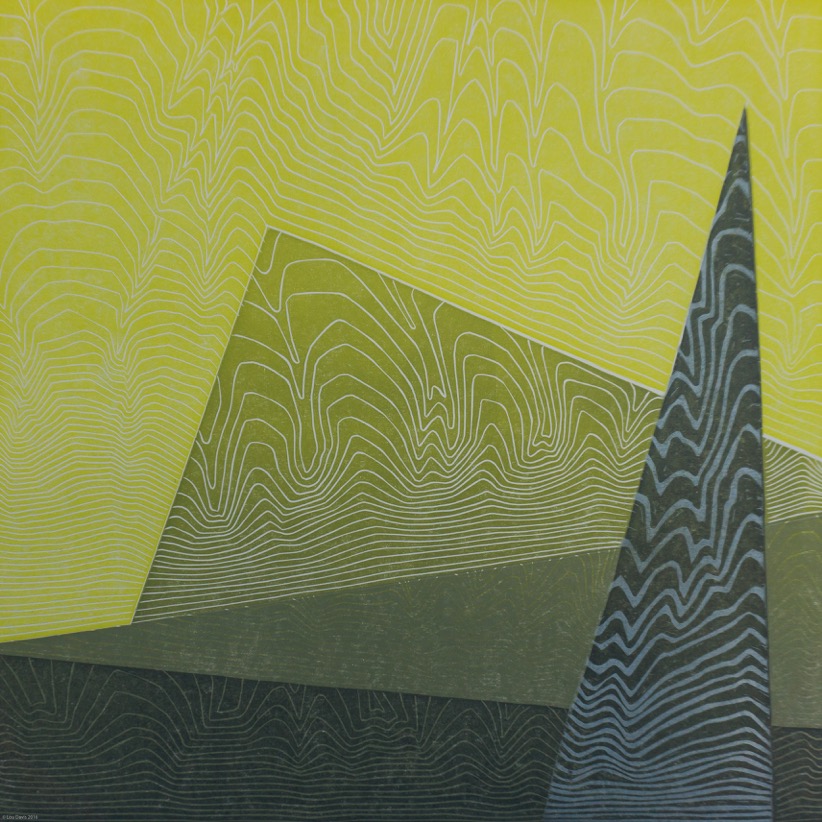“Your Deeds Don’t Define You” | Do your deeds forever define you? Imagining an alternative

The story begins with the creation of all things, the heavens and the earth, the sun and the moon, the seas and the land, the fish, the birds, the animals and finally, humanity. Adam and Eve, in the Garden of Eden free to do anything but eat from two particular trees. The temptation is too much and they break the laws and suffer the consequences, exiled from the garden of paradise.
This story from the Judeo-Christian tradition is found in the book of Genesis, at the beginning of the Bible or the Torah. It is popular to critique many of these old stories, however, I recently heard someone saying that it was a true story. True, not because it happened, but because it happens. It is our story. We fail to do what we know is the right thing, we fall foul of the law and we, both individually and corporately suffer the consequences.
The story could end there, but it doesn’t. The biblical narrative continues and as we read on through the ragged and untidy and uncomfortable story, we discover a God who is constantly trying to reconnect with the people he created and loves. This was acted out graphically by the prophet Hosea, who married a prostitute and despite her constant unfaithfulness sought to bring her back to his side and be reconciled as an image of the God who seeks to redeem, forgive and be reconciled with his people.
Fast forwarding to the life of Jesus who proposed a new manifesto for life, one where we love one another, even our enemies and those who persecute us. One where rather than bear grudges, we forgive those who trespass against us as much as we ask God to forgive us. In some versions of the Lord’s prayer it reads forgive us our debts as we forgive our debtors which brings a new social dimension into play.
We are brought up in a world that lives according to a narrative that our deeds forever define us. Our past follows us around, like a ball and chain that limits us, a burden that slowly drains us of our energy and vitality. Walter Brueggemann, an American Old Testament scholar calls us to reimagine the world as if the God we find in the Bible, who forgives, redeems and reconciles is a real character and an effective agent in our world. Then, from this act of imagination, to leave the dominant narrative around us in which our past deeds forever define us and enter into a new and alternative narrative. To inhabit a new narrative where redemption is found and forgiveness and reconciliation are possible, between individuals, within society and with the created environment and where grace and gracious action abounds.
The early Christians who chose to follow this news of Jesus (and they were a mixed bunch themselves) way showed such changed lives that the St Paul was to write, “So if anyone is in Christ, there is a new creation: everything old has passed away; see, everything has become new!” And this is the heart of the Christian gospel (literally, good news): the possibility of a significant change in our lives where we are no longer defined by our deeds but our relationship with God and with our fellow human beings. Dare to imagine!
Michael Holland is the Superintendent Minister of the Newcastle Central and East Circuit of the Methodist Church